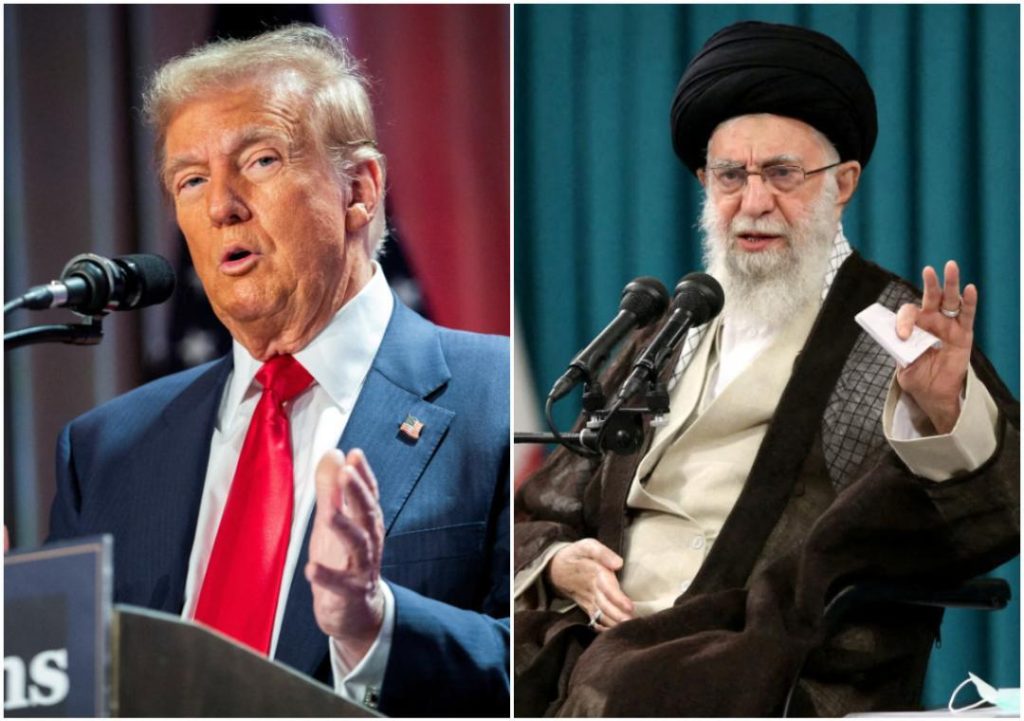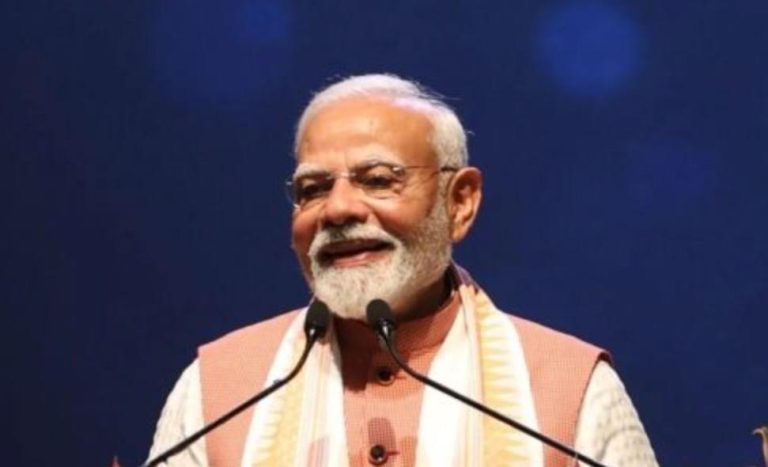
Proposed Nuclear Talks with US Not Intelligent or Wise: Khamenei
In a recent statement, Iran’s Supreme Leader Ayatollah Ali Khamenei has expressed his skepticism towards the proposed nuclear talks with the United States. This comes after President Donald Trump’s proposal for negotiations with Tehran, which sparked a mixed reaction from the international community. In his statement, Khamenei deemed the proposed talks “not intelligent, wise or honourable” and emphasized that “there should be no negotiations with such a government”. While he didn’t issue a direct order not to engage with the US, his words sent a clear message that Iran is not open to negotiations under the current circumstances.
Trump’s Proposal: A New Era of Diplomacy?
President Trump’s proposal for nuclear talks with Iran was met with a mix of reactions from the international community. While some saw it as a positive step towards reducing tensions and promoting peace, others were skeptical about the US’s true intentions. Trump’s statement, in which he said “Iran can’t have a nuclear bomb”, was seen by many as a conditionality for any potential talks. However, Khamenei’s response was unequivocal, stating that negotiations with the US “aren’t intelligent, wise or honourable”.
Khamenei’s Skepticism: A Reflection of Iran’s Stance
Khamenei’s statement is reflective of Iran’s long-standing stance on the US. Iran has been critical of US foreign policy, particularly with regards to its Middle East policies. The US’s involvement in the region, including its military presence and support for Israel, has been seen as a threat to Iran’s national security. Additionally, the US’s sanctions on Iran, which were reinstated after the country’s withdrawal from the Joint Comprehensive Plan of Action (JCPOA), have had a devastating impact on the Iranian economy.
The JCPOA, also known as the Iran nuclear deal, was negotiated between Iran and world powers, including the US, in 2015. The deal aimed to limit Iran’s nuclear program in exchange for lifted sanctions. However, the US withdrew from the deal in 2018, citing concerns over Iran’s ballistic missile program and its involvement in regional conflicts. Since then, the US has reimposed sanctions on Iran, which have had a significant impact on the country’s economy.
Why Negotiations with the US are Unwise
Khamenei’s skepticism towards negotiations with the US is rooted in Iran’s historical experience with the country. Iran has been critical of US foreign policy, which it sees as being driven by a desire to dominate the region and undermine its sovereignty. The US’s involvement in the region, including its military presence and support for Israel, has been seen as a threat to Iran’s national security.
Furthermore, Iran has been wary of the US’s ability to renege on its agreements. The US’s withdrawal from the JCPOA is a prime example of this. Despite the deal being negotiated and agreed upon, the US unilaterally withdrew from it, citing concerns over Iran’s ballistic missile program and its involvement in regional conflicts. This has led to a lack of trust between the two countries, making it difficult to engage in meaningful negotiations.
What’s Next for Iran-US Relations?
While Khamenei’s statement has sent a clear message that Iran is not open to negotiations with the US under the current circumstances, it’s unclear what the future holds for Iran-US relations. The US’s proposal for nuclear talks with Iran has sparked a mixed reaction from the international community, with some seeing it as a positive step towards reducing tensions and promoting peace.
However, Iran’s skepticism towards the US is rooted in its historical experience with the country. Iran has been critical of US foreign policy, which it sees as being driven by a desire to dominate the region and undermine its sovereignty. The US’s involvement in the region, including its military presence and support for Israel, has been seen as a threat to Iran’s national security.
Conclusion
Khamenei’s statement on the proposed nuclear talks with the US sends a clear message that Iran is not open to negotiations under the current circumstances. The US’s proposal for talks has sparked a mixed reaction from the international community, with some seeing it as a positive step towards reducing tensions and promoting peace. However, Iran’s skepticism towards the US is rooted in its historical experience with the country.
The US’s involvement in the region, including its military presence and support for Israel, has been seen as a threat to Iran’s national security. The US’s withdrawal from the JCPOA is a prime example of this, and has led to a lack of trust between the two countries. Until the US’s foreign policy towards Iran changes, it’s unlikely that talks between the two countries will be successful.






